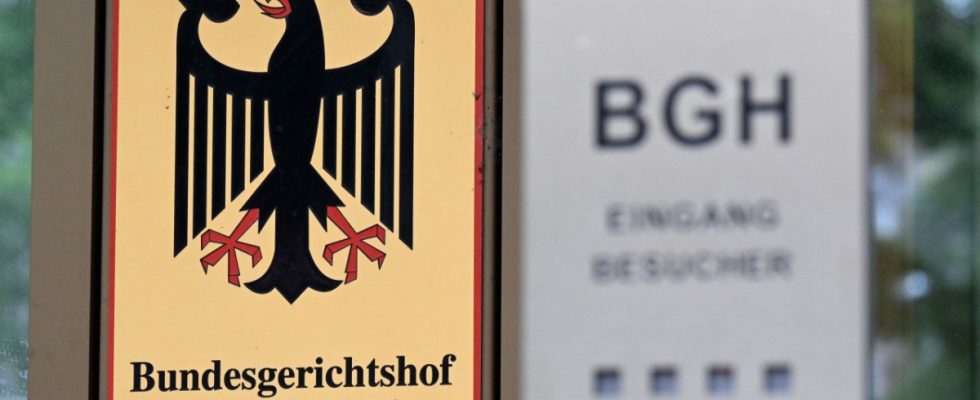If politicians change direction, they have to reckon with lawsuits from companies that see their investments at risk. That can be expensive, the energy company Vattenfall has won at least 1.4 billion euros in compensation from an arbitration court because of the car phase-out. The basis at the time was the Energy Charter Treaty, a three-decade-old agreement between around 50 countries and the EU, which, among other things, protects investments in the energy sector. This Wednesday, the Federal Court of Justice (BGH) in Karlsruhe heard three such lawsuits, which are about a different change of direction – the energy transition.
There was a dispute over a clause in the Energy Charter Treaty, according to which investor lawsuits against states must be decided by an arbitral tribunal in Washington – and exclusively, if the plaintiffs want it. With which the lawsuits are withdrawn from the state judiciary. A verdict will not be announced until July 27, but the course of the Karlsruhe trial suggests that the supreme civil court is unlikely to leave the multimillion-dollar trials to the non-state parallel judiciary.
Complaint about changes in the Renewable Energy Sources Act
In the first of the three proceedings, the Irish project developer Mainstream Renewable Power is asserting claims of around 275 million euros against Germany, plus 56 million in interest. The company wanted to set up offshore wind farms in the North Sea, but saw its investments as endangered after changes in the Renewable Energy Sources Act. The other two lawsuits still come from the fossil world: the energy company RWE is demanding around 1.4 billion euros from the Netherlands, Uniper is demanding several hundred million euros, in both cases because of the Dutch coal phase-out; the companies there had invested in coal-fired power plants.
The crucial question now is: can they assert their claims before the arbitration court in Washington, where they are apparently hoping for a much more investor-friendly attitude? This is exactly what the Energy Charter Treaty provides – and both have signed it, Germany as well as the Netherlands.
However, such arbitration procedures have come under severe pressure in recent years, in cases where the parties involved are based within the EU. You could also say: they are almost a thing of the past. The European Court of Justice (ECJ) has ruled several times that states and investors in intra-EU proceedings cannot simply opt out of European law by means of an arbitration agreement. Where the EU rules apply, national and European courts must also decide; special justice for investors contradicts this principle.
The Achmea judgment of the ECJ from 2018 was fundamental, as it was about a bilateral agreement between the Netherlands and Slovakia. The ECJ ruled that an arbitration clause was unlawful because it undermined the “full effectiveness of Union law”. The vast majority of EU states reacted to this ruling, and the bilateral investment protection treaties have since fallen like dominoes.
BGH last hope of companies
Two years ago, the ECJ also extended its jurisdiction to a multilateral agreement – specifically to the Energy Charter Treaty. The arbitration procedure laid down there violates EU law, the corresponding Article 26 is simply not applicable. Politicians also reacted to this: On November 30, 2022, the federal government decided to withdraw from the Energy Charter Treaty. “It clearly follows from the ECJ case law that arbitral tribunals act without a legal basis,” it says on the website of the Ministry of Economic Affairs.
The BGH in Karlsruhe is therefore the last, albeit small hope of companies to turn the fate of the arbitration clause in their favor. “Investments by foreign companies in foreign countries are welcome,” said Thomas Winter, lawyer for the Dutch company. However, they presuppose trust in the validity of the agreement. Uniper lawyer Gottfried Hammer considered the arbitral tribunal to be the better instance anyway, because it is independent of political disputes – and does not have a state as the employer that would have the home advantage in the process.
However, if the BGH sticks to its preliminary assessment, the hopes of the companies will be dashed. Senate Chairman Thomas Koch worked through a veritable checklist, which is used to decide the weal and woe of the arbitral tribunal. Result: The arbitral tribunal would apply European law without being subject to review by national or EU courts. According to the ECJ case law, the arbitration proceedings are therefore inadmissible. The fact that Germany and the Netherlands accepted the arbitration clause by signing the contract would be irrelevant.

